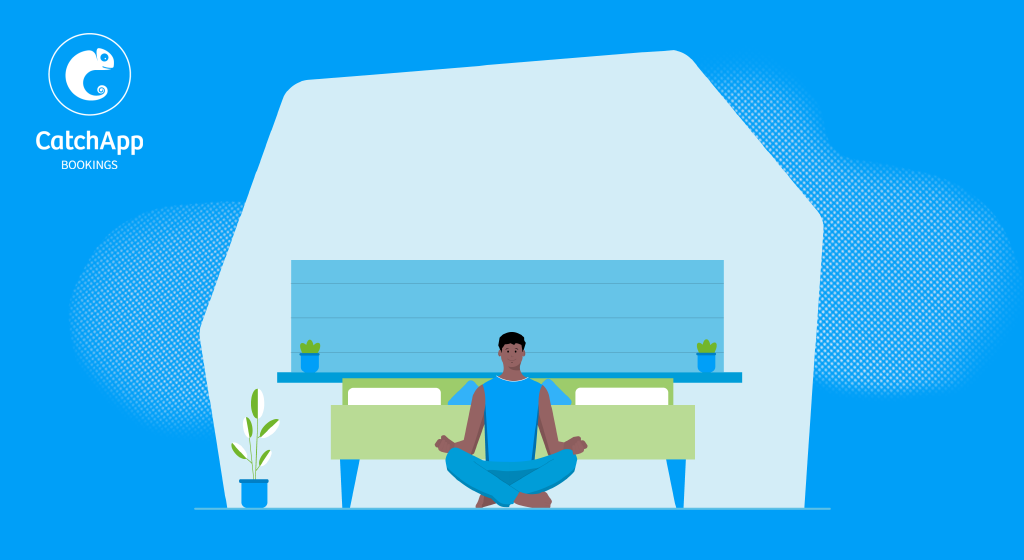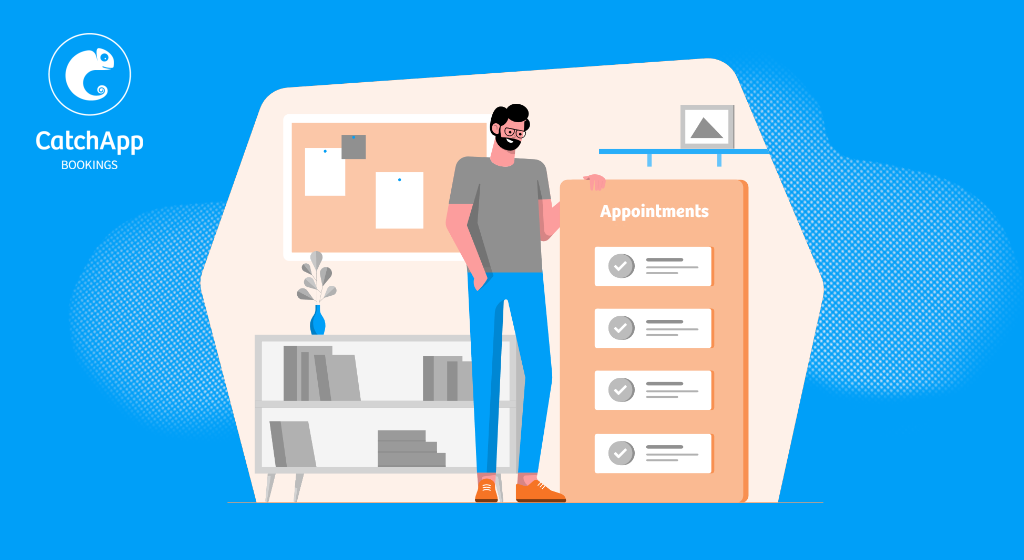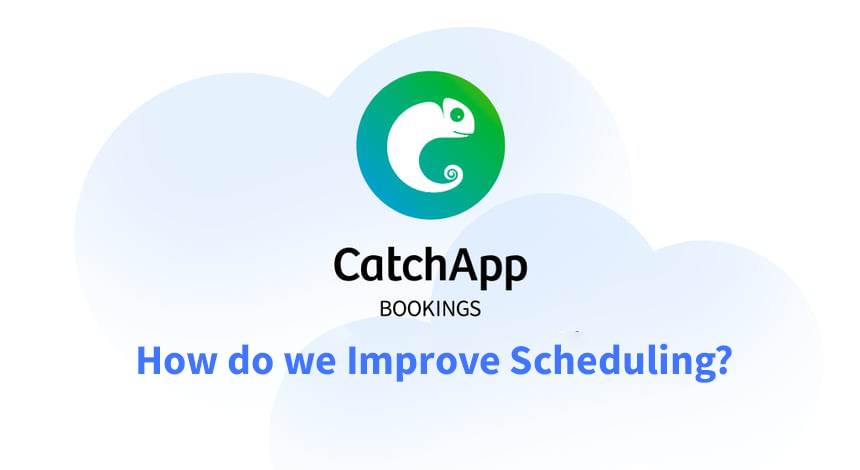
3 ways to help you get unstuck
The past couple years have been hard on us all; COVID has left some of us with some mental health issues that we've only now come across, and for some it's made issues we already knew we had more apparent. As mental health day has just passed, I thought I would speak about issues that are all too common for a large proportion of the population at the moment, and some simple ways to combat them that you can do whilst working from home
Movement
It's very easy to get stuck in a routine of tediom. Sure, as I spoke about in my last blog on scheduling, routines can be super useful and a great way of cutting down on unnecessary. But, unhealthy routines like the one I found myself in at the start of my new job working from home of rolling out of bed and getting straight to working on the day, can really leave you feeling drained because for 8 hours a day I would be restricting myself to my room. Of course, I'd leave my room for food, using the loo, stuff like that, but ultimately I'd leave my room at the end of the day and eventually go back to it in order to sleep.
In their book Burnout: The Secret to Unlocking the Stress Cycle Emily and Amelia Nagoski talk about how you can very easily get stuck in an incomplete stress cycle that leaves you feeling down-and-out for the count. Staying in my room for the majority of the day definitely gave me that feeling, but the simple way I found to alleviating stress and getting back in the zone was to go to sleep one hour earlier, wake up an hour earlier and go for a run.
Now for those that know me well, I am not a runner. I was anemic when I was little, and that left me with some pretty poor stamina - although I don't think smoking when I was 18 helped (I know; super cool right?). I decided that I was going to give it a go one day, and frankly, I hated it. The first time I got home I felt like I was going to vomit, I was sweating, and I needed to lie down on the floor for 20 minutes. But, apparently I hated it so much I did it the next day, and the day after that. The feeling of accomplishing something that I never thought I'd ever concertedly try was amazing, so now when I'm working I run beforehand, and on the days I'm not working, I walk. If running really doesn't work for you, walking definitely will. Small steps are still steps.
Setting that boundary inside my room of "this is where I sleep, and this space is where I work", and not "this is where I sleep and work" by giving myself space between getting up and then working really helps.
Meditation
Now, I know some of you may be thinking "but Jack, I'm not a Buddhist Monk capable of quieting my mind in its entirety", but that's not the point of meditation and you don't have to be practising Buddhism or be a monk to meditate. Meditation is an act of being mindful - or a process of letting yourself notice the present moment. A great way to take a first step towards meditating is to just sit comfortably and breathe, notice the air coming into your lungs, and out of them. Breathe in through your nose, and out through your mouth and just sit. It doesn't matter if a thought of "oh yeah I've got that lamb balti in the fridge that I need to eat" comes crashing into your head, hear that thought and then bring your attention back to your breathing.
Nowadays there's plenty of apps on the iOS App Store and on Google Play that can help you take some steps to meditating. Just to name two that have been very helpful to me, Calm and Headspace have both been super helpful in making meditation and mindfulness something I practise and rave about to any and all that will listen. It can help and really make a difference to those struggling with depression and anxiety (both of which 1 in 6 of us struggle with in any week), and it really helps to alleviate stress. It can be done anywhere and everywhere, and it is something I really suggest everyone tries.
Talking
If you're like me and you could probably talk someone's ear off at any moments notice given the right subject, you may not have as much of a tough time with this one as others might. Talking isn't something all of us are great at, and that's ok; we don't need to be, but talking about how you're doing to people you trust is as important to your mental wellbeing as eating is to staying alive. Whether that's friends, family, or a counsellor/therapist, talking is a great medium of shedding some stress in your life and it helps clear up space for you to start to combat problems you might be facing.
Get out there and talk. IESO, an NHS led online CBT service, is completely free and I can personally vouch for how lovely the people that work for them are.
Remember, even if you had a good thing going and some tough times have knocked you down, that good thing isn't gone forever. Start it up again whenever you're feeling good, or even when you're not, and do that as many times as it takes. It's ok not to be ok, and you're only human. Little things can make a huge difference - they definitely did for me. Hopefully they do for you too!


